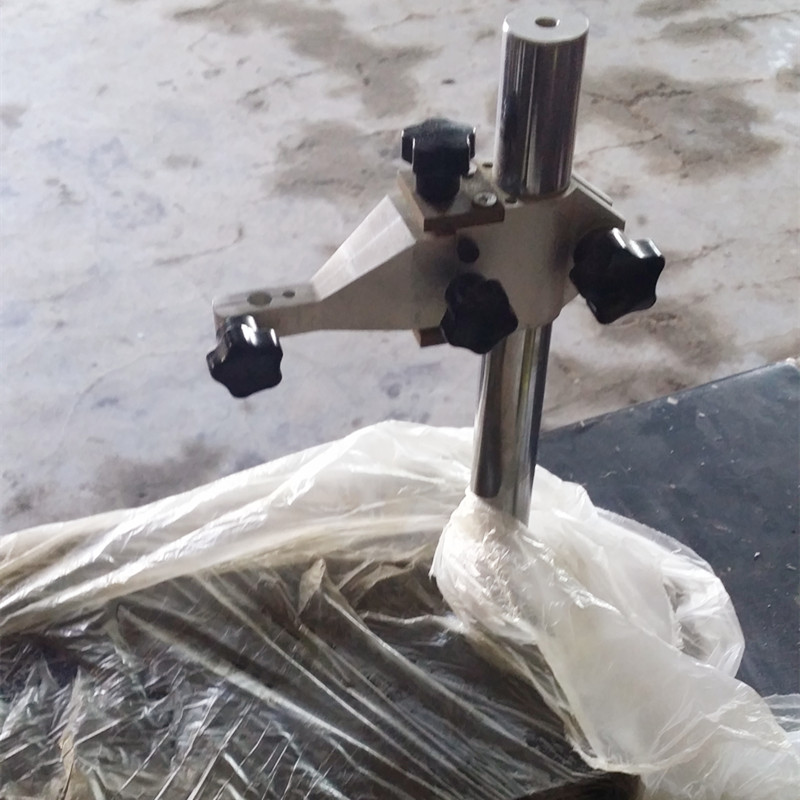Қаз . 09, 2024 00:13 Back to list
Understanding Pin Gauge Dimensions and Their Applications in Precision Measurement
Understanding Pin Gauge Sizes A Comprehensive Overview
Pin gauges, also known as pin gages, are precision instruments used in manufacturing and quality control processes to measure the diameter of holes, as well as the distance between different features on a workpiece. They play a crucial role in ensuring that components fit together correctly, which is essential for the overall performance and reliability of mechanical systems. Understanding pin gauge sizes is key for any professional working in fields like engineering, machining, or quality assurance.
Pin gauges come in various sizes, typically ranging from very small diameters like 0.5 mm to larger sizes around 25 mm or more. The sizing system is usually based on a standardized set of measurements, often derived from the metric or imperial systems. Most pin gauge sets feature a series of pins that are categorized by their diameters, often marked with a number corresponding to their size. This systematic approach allows users to quickly identify the correct gauge for their measurement needs.
pin gauge sizes

One of the primary uses of pin gauges is to check the tolerances of drilled or reamed holes. A pin gauge that fits snugly into a hole indicates that the measurement is within the specified tolerance, while a pin that does not fit or fits too loosely suggests a deviation that may need to be addressed. This function is particularly important in high-precision industries such as aerospace and automotive manufacturing, where even minor discrepancies can lead to significant safety issues.
Moreover, pin gauges are often manufactured from hardened steel or carbide, ensuring durability and resistance to wear. When selecting pin gauges, it is crucial to consider factors such as the material, size range, and the precision required for the application. Regular calibration and maintenance of pin gauges are also vital to ensure their accuracy over time.
In conclusion, pin gauges are indispensable tools in the realm of precision measurement. Their standardized sizes allow for quick identification and usage, making them essential for quality control processes. Understanding the importance of pin gauge sizes enables professionals to make informed decisions, ultimately leading to improved product quality and reliability. Managing these tools effectively will ensure that manufacturing processes adhere to the stringent standards required in today’s competitive industries.
-
Why Metric Trapezoidal Thread is Ideal for Precision Motion ControlNewsAug.05,2025
-
The Unique Properties of a Block of Granite for Industrial UseNewsAug.05,2025
-
The Role of Flanged Y Strainers in Preventing Pipeline ClogsNewsAug.05,2025
-
The Importance of Regular Calibration for Master Ring GagesNewsAug.05,2025
-
How a Cast Iron Surface Table Enhances Accuracy in ManufacturingNewsAug.05,2025
-
Comparing Different Check Valve Types for Optimal Flow ControlNewsAug.05,2025
Related PRODUCTS









